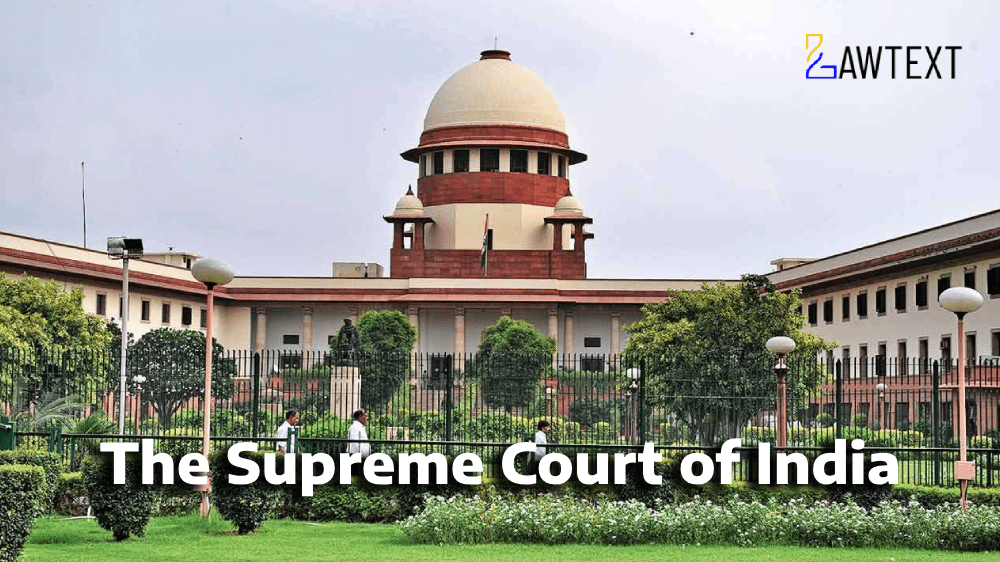

The Supreme Court, in a consolidated batch of appeals, reaffirmed the principles established in the landmark State of Maharashtra v. Milind case, holding that only Parliament has the authority to amend or modify the list of Scheduled Castes and Scheduled Tribes under Articles 341 and 342 of the Constitution of India. The appeals arose from judgments of the Karnataka High Court, where the appellants, who were employed by nationalized banks and government undertakings, challenged the cancellation of their caste certificates and subsequent termination notices. These certificates, issued under state government notifications, were later invalidated following the State of Maharashtra v. Milind and Others judgment. The Court dismissed the appeals, affirming that the appellants, who obtained employment based on invalid caste certificates, could not claim protection or benefits reserved for Scheduled Castes.
The appeals arose from judgments of the Karnataka High Court concerning the validity of caste certificates issued by the State of Karnataka, identifying certain communities as Scheduled Castes (SC). The Supreme Court heard these appeals collectively due to their common legal questions.
The primary issue was whether individuals who secured employment based on caste certificates issued under state government notifications could retain their positions after the caste was de-scheduled following the Milind judgment.
The appellants were employed by various nationalized banks and government undertakings based on caste certificates that identified them as belonging to Scheduled Castes under Karnataka state notifications. These notifications were later declared invalid, as the power to modify SC/ST lists is vested exclusively in Parliament.
The Court reiterated its decision in State of Maharashtra v. Milind (2001), where it was held that states have no authority to amend or modify the SC/ST lists, which are determined solely by Presidential Orders and can only be altered by Parliament.
Following the Milind ruling, the Karnataka government and the Ministry of Finance declared the caste certificates issued under state notifications as invalid. The appellants' employment, secured on the basis of these certificates, was thus called into question.
The appellants argued that they obtained their caste certificates lawfully under the then-valid state notifications and should therefore retain their employment. They also cited state circulars that provided protection to similarly situated individuals in state services.
The respondents, including the banks and government undertakings, argued that the appellants had secured employment through invalid certificates and were not entitled to benefits reserved for SCs. They emphasized that the state circulars could not apply to central government employees.
The Supreme Court dismissed the appeals, holding that the appellants could not retain the benefits of employment reserved for SCs, as their caste certificates were invalidated following the Milind judgment. The Court upheld the Karnataka High Court's decision, affirming that only Parliament can alter the SC/ST lists.
The judgment reinforces the principle that any modifications to the list of Scheduled Castes or Scheduled Tribes can only be made by Parliament, and not by state governments or courts. The appellants, having obtained employment based on invalid caste certificates, were not entitled to any protective measures or benefits as SCs.
Citation: 2024 LawText (SC) (8) 281
Case Number: CIVIL APPEAL NO(S). OF 2024 (Arising out of SLP(Civil) No(s). 13484-13488 of 2019) WITH CIVIL APPEAL NO(S). OF 2024 (Arising out of SLP(Civil) No(s). 19877 of 2019) CIVIL APPEAL NO(S). OF 2024 (Arising out of SLP(Civil) No(s). 23500-23501 of 2019) CIVIL APPEAL NO(S). OF 2024 (Arising out of SLP(Civil) No(s). 13453 of 2019)
Date of Decision: 2024-08-28
Case Title: K. NIRMALA & ORS. VERSUS CANARA BANK & ANR.
Before Judge: (HIMA KOHLI J. , SANDEEP MEHTA J.)
Appellant: K. NIRMALA & ORS.
Respondent: CANARA BANK & ANR.